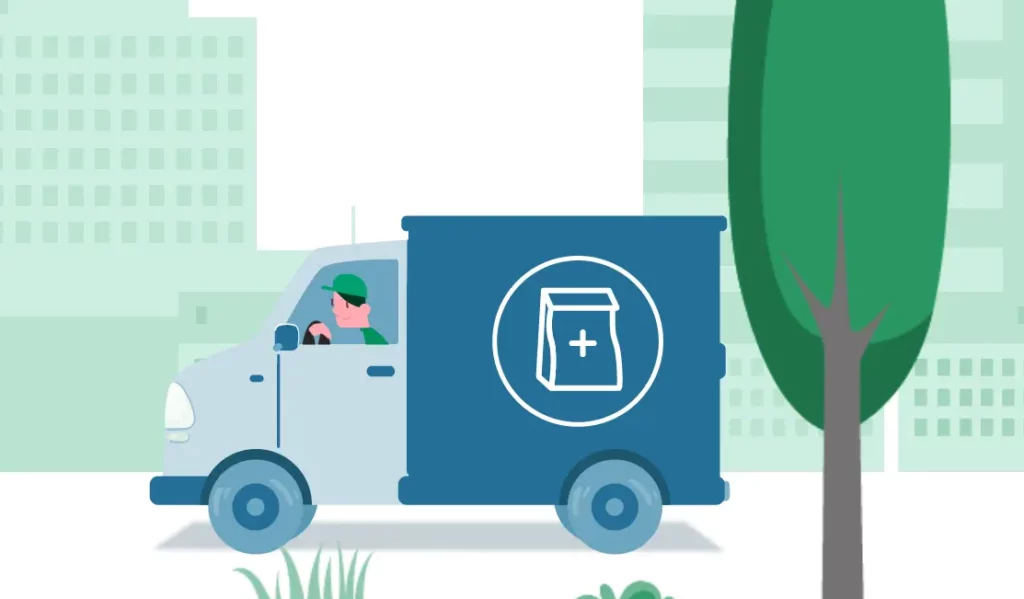Panic attacks are sudden episodes of intense fear or anxiety. They often happen without warning and can cause physical symptoms like a racing heart, shortness of breath, dizziness, trembling, and sweating. During a panic attack, you might feel detached from reality, fear losing control, or worry about having a heart attack or dying.
Panic attacks are more common than you might think. Research shows that about one-third of people will experience a panic attack at some point in their lives. However, if you have frequent panic attacks and constantly worry about having another one, you might have a panic disorder.
Understanding panic attacks and knowing how common they are is the first step toward managing them. If you’re dealing with panic attacks, it’s important to know you’re not alone. By learning about the causes of panic attacks, you can better manage them and find the right treatment.
What causes panic attacks and anxiety?
Panic attacks can be triggered by various factors, which can differ from person to person. Here are some common causes:
Genetics:
A family history of panic attacks or anxiety disorders can increase your risk. If your parents or siblings have experienced panic attacks, you might be more prone to them.
Stress:
High levels of stress can trigger panic attacks. Major life events like losing a loved one, job changes, or significant life transitions can lead to heightened anxiety and panic.
Brain chemistry:
Imbalances in neurotransmitters, the chemicals in your brain that transmit signals, can play a role. Changes in brain function and chemistry can increase susceptibility to panic attacks.
Medical conditions:
Certain medical issues, such as thyroid problems, heart conditions, or respiratory disorders, can cause symptoms similar to panic attacks, leading to increased anxiety and actual panic attacks.
Substance use:
The use of drugs or alcohol, as well as withdrawal from these substances, can trigger panic attacks. Caffeine and certain medications can also contribute to increased anxiety.
Phobias:
Fear of specific situations or objects, such as flying, heights, or enclosed spaces, can trigger panic attacks when faced with these fears.
Past trauma:
Experiencing traumatic events, such as abuse or a serious accident, can increase the likelihood of panic attacks. Post-traumatic stress disorder (PTSD) is commonly associated with panic attacks.
Frequently asked questions about panic attacks
What are the first signs of a panic attack?
The first signs of a panic attack include sudden intense fear, rapid heartbeat, sweating, shaking, shortness of breath, chest pain, dizziness, and feeling detached from reality.
How can I prevent panic attacks naturally?
To prevent panic attacks naturally, try regular exercise, deep breathing exercises, mindfulness meditation, maintaining a healthy diet, getting adequate sleep, and avoiding caffeine and alcohol.
Can panic attacks cause long-term health issues?
While panic attacks themselves are not life-threatening, frequent panic attacks and ongoing anxiety can lead to long-term health issues such as chronic stress, depression, and cardiovascular problems.


